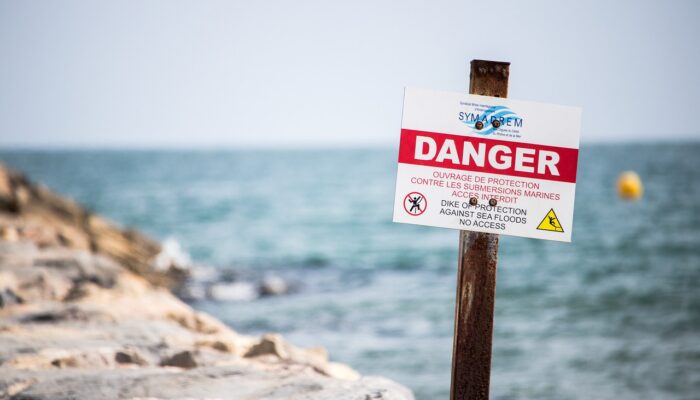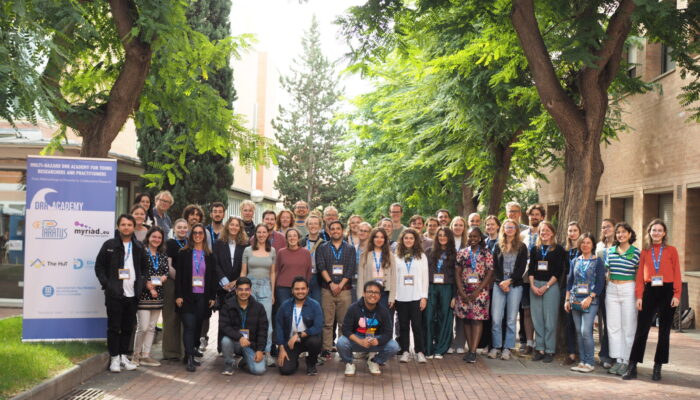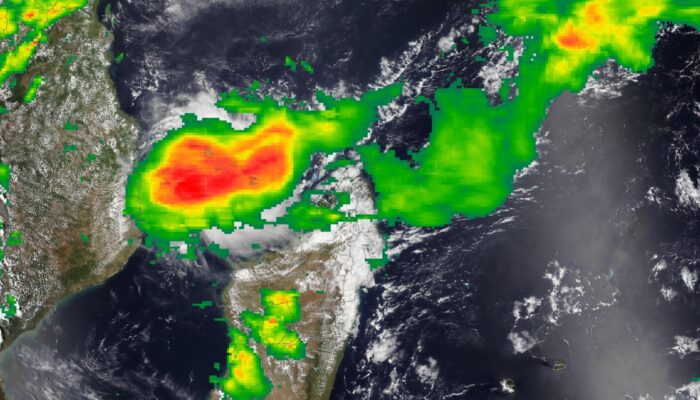Trust in institutions and scientific experts plays a pivotal role in Disaster Risk Reduction (DRR). This trust becomes even more critical for natural hazards—events often unpredictable and uncontrollable. Trust can shape individuals’ willingness to heed warnings, adopt precautionary measures, and participate in community preparedness initiatives. Conversely, distrust in institutions may lead to no ...[Read More]
Building the Future of Multi-hazard Disaster Risk Reduction in Barcelona
From 23 to 26 October 2024, over 40 early-career researchers and practitioners from across the globe gathered at Universitat Politècnica de Catalunya (UPC) in Barcelona (Spain) for the Multi-hazard Disaster Risk Reduction (DRR) Academy. Set against the vibrant backdrop of this dynamic city, the Academy offered a unique platform for participants to engage, learn, and collaborate on the complex chal ...[Read More]
How scientists support Disaster Risk Reduction (DRR) policies: the example of a European Ultraperipheral Department (Mayotte, the 14th of December, 2024)
Ultraperipheral European departments like Mayotte are developing regions, often disproportionately exposed to natural hazards and struggling to mitigate the impacts of climate change. The eye of cyclone Chido, the most violent storm to hit Mayotte island in 90 years, engulfed the French Department on the 14th of December 2024. The extensive destruction and massive loss of life ranks this event as ...[Read More]
From Reflection to Action – Wishes for the Year Ahead
When another year comes to an end, it is time for reflection. In the context of natural hazards, it is essential to consider the challenges posed to societies, what went well, what could have been done better, and how we could create a more resilient world. Just before Big Ben strikes 12 times, marking the moment of a new day and year, and the fireworks are set to begin, our blog editors share th ...[Read More]




